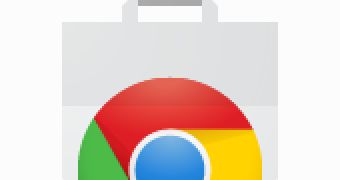Google has a fix for the issue of NPAPI apps not being supported on all platforms despite this being their entire reason for existence. The fix is quite simple and ingenious when you think about it.
No, apps will not work in Chrome OS or Windows 8, but now you won't even know about it since NPAPI apps will be hidden in the WebStore on platforms that support them, problem solved.
"If a user visits the Chrome Web Store on a platform that doesn’t support NPAPI, the store will filter out all items that use it from the home page and the various category pages," Google explained.
"These apps and extensions will still show up in search results, and can be visited from direct URL links, but the Details dialog for each item will display a message that the app or the extension in question cannot be installed and the Install button will be disabled," it said.
To be fair, NPAPI plugins, extensions and apps are getting long in the tooth. NPAPI was created a decade and a half ago and, while it is still widely used, there are better alternatives.
In fact, Google has exactly the thing, its Native Client technology and the Pepper Plugin API for a much more modern base for apps and extensions and, what's more, they work in Chrome OS and Windows 8.
"If your plug-in doesn’t have any explicit dependencies on the underlying OS, then you should really consider porting it to Native Client, which provides improved portability and security and runs just great on Windows 8 and Chrome OS," Google boasted.
If you've been relying on NPAPI in your app or extension, but you don't really need it for the app to work, you can simply edit the manifest.json file and specify that NPAPI is not required. This should make the app/extension visible in Chrome OS or Windows 8 again.

 14 DAY TRIAL //
14 DAY TRIAL //